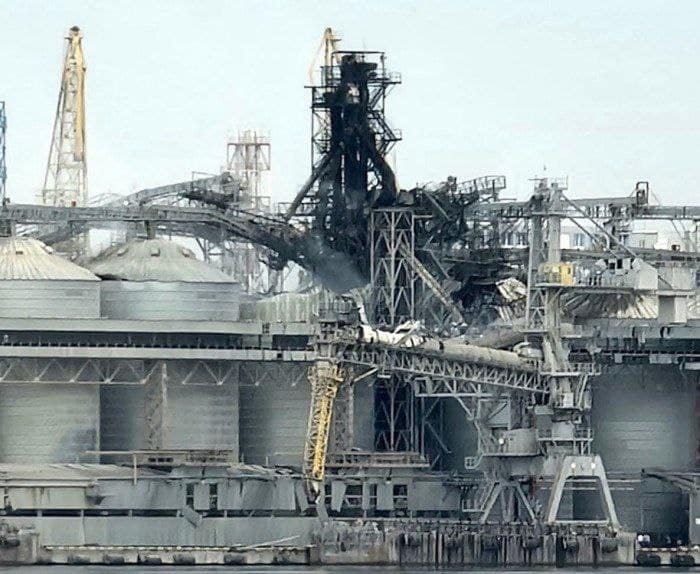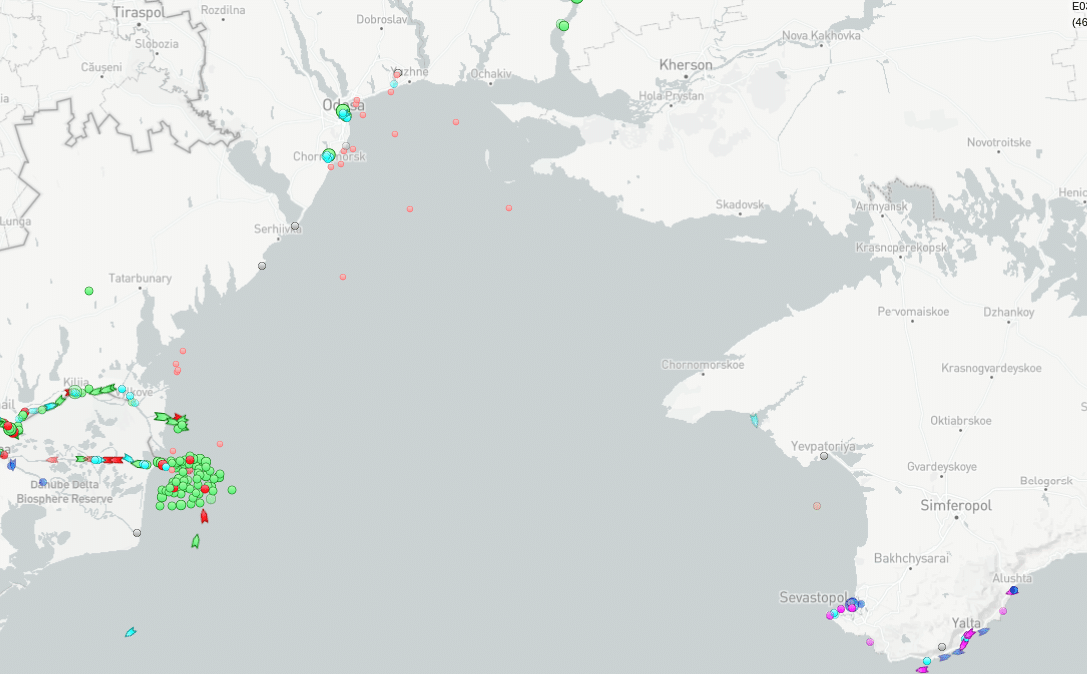Grain Deal Expiration and Russian Threats: Impact on Wheat and Corn Prices and Global Food Security

Prices for wheat and corn soared on Wednesday following a threat from the Russian Ministry of Defense regarding shipping to Ukraine. Russia considers all vessels heading to Ukrainian ports via the Black Sea as potential carriers of military equipment, putting their safety at risk. This also reduces the likelihood of Ukraine continuing to export agricultural products after the expiration of the so-called grain deal with Russia.
The relationship between Russia and Ukraine has been historically complex due to their shared history and geographical proximity. Both countries have been important exporters of grains. The Black Sea region has been a crucial trade route for centuries, facilitating the movement of goods, including grain, between the two nations and the broader international market.
In recent times, tensions escalated between Russia and Ukraine, leading to the annexation of Crimea by Russia in 2014 and the outbreak of armed conflict in Eastern Ukraine. This conflict disrupted the agricultural sector in the region, causing concerns about food security and the impact on global grain prices.
The grain deal, brokered with the assistance of the United Nations and Turkey, played a vital role in alleviating the impact of the conflict on grain exports from Ukrainian ports during wartime. It allowed for the safe transportation of agricultural products, ensuring that Ukraine could continue to contribute to the global food supply and stabilize grain prices. This agreement was seen as a practical measure to prevent extreme price hikes in the international market and mitigate the consequences of the Russo-Ukrainian conflict on the global food economy.
However, in a move that added further strain to the already tense relations, Russia allowed the grain deal to expire. The Russian government expressed concerns that the deal was adversely affecting its own agricultural exports due to the international sanctions imposed on Russia in response to its actions in Ukraine. Consequently, Russia decided not to renew the agreement, raising uncertainties about the future of grain exports from Ukraine.
The threat from the Russian Ministry of Defense regarding the safety of vessels heading to Ukrainian ports further intensified the situation. Investors and traders reacted swiftly to the news, causing the prices of wheat and corn to surge on the Chicago Mercantile Exchange, a leading global market for agricultural commodities.
The surge in grain prices not only affects traders and farmers in Ukraine but also has broader implications for food security and affordability worldwide. As both Ukraine and Russia are significant grain exporters, disruptions in their agricultural sectors can lead to fluctuations in global grain prices, affecting countries heavily reliant on grain imports. This situation is particularly concerning for vulnerable populations in less economically developed regions, where rising food prices can exacerbate existing challenges and lead to potential food crises.
The recent developments in the grain trade between Russia and Ukraine have introduced new uncertainties to the already complex geopolitical situation in the Black Sea region. The expiration of the grain deal and the Russian threat to vessels bound for Ukrainian ports have contributed to a surge in grain prices, raising concerns about food security on the global stage. As the situation unfolds, stakeholders will closely monitor the dynamics between the two countries and their implications for the international grain market and food stability.












